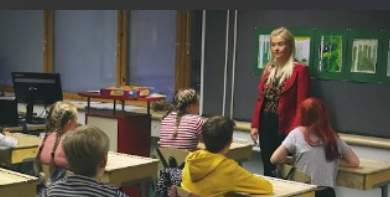“California College Professors Stage Office Protests Against Antisemitism Response”

This week, an increasing number of California College Professors in California are opting to spend their nights in their offices, staging a protest against what they perceive as an inadequate response to antisemitism on their campuses.
California College Professors
The catalyst for this movement is Ron Hassner, a political science professor at the University of California College Professors, Berkeley, who has been residing in his office for almost two weeks now. His decision stems from his frustration with what he perceives as a lack of action on the part of school administrators in addressing recent antisemitic incidents on the Northern California College Professors campus.
Hassner’s demands include mandatory training for staff to combat antisemitism and Islamophobia, as well as a protocol for handling disrupted presentations by invited speakers, ensuring they can return to campus to complete their talks.
Expressing his disappointment, Hassner remarked to USA TODAY, “Everybody in the Berkeley leadership is deeply embarrassed by professors and students who speak out of line and behave in unprofessional ways.”
In solidarity with Hassner, more than 20 faculty members from various institutions across California College Professors such as Stanford and San Francisco State University, have committed to conducting their own “sit-ins” this week—a common form of political protest on college campuses.
Among those supporting Hassner is Jeff Kopstein, the director of the Center for Jewish Studies at the University of California, Irvine, who emphasized the challenges faced by professors amid recent events. “I’ve been a professor for 33 years,” he said. “The last term was the most difficult of my career.”
The backdrop to these protests is the Israel-Hamas conflict, which has sparked widespread debates and protests on California College Professors campuses nationwide. University administrators, particularly at prestigious institutions, have struggled to navigate the complex dynamics, attempting to address student concerns while also managing relationships with influential donors. The intensity of the discourse has even led to the resignation of two Ivy League presidents following contentious congressional hearings on the matter.




